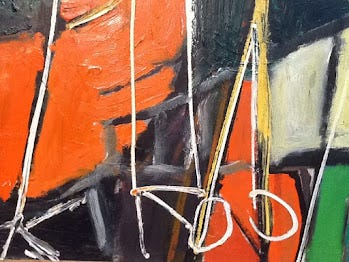Female voices in The Beatles' discourse
International Women's Day, March 8, 2021
International woman's day was loud and clear among Beatles' fans, scholars, and other content creators.
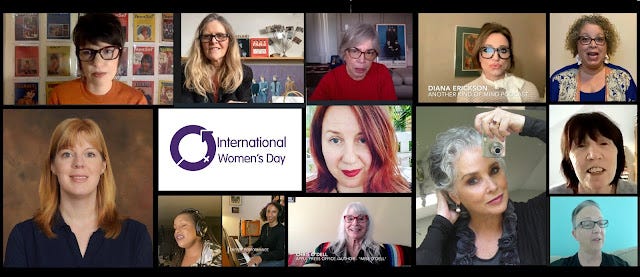
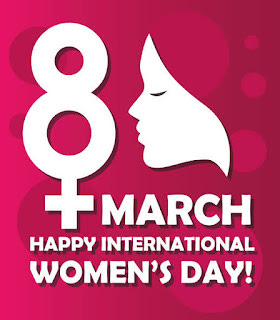
The best thing that happened was ladies talking to each other about their contributions to The Beatles' discourse. They were having fun, bonding, and not liking the men dating them, in a podcast conversation: ‘Beatle Women’, organized and promoted by Sarah Stacey.

The announcement:
“Join some of the amazing female authors, bloggers, historians, artists and podcasters in the Beatles community for a special panel discussion to mark International Women's Day! Hosted by Sarah Stacey, our contributors are Christine Feldman-Barrett, Susan Ryan, Amy Hughes, Karen Duchaj, Candy Leonard, Erika White, Kit O'Toole and Debbie Supnik. Topics include being a woman in the male-dominated field of Beatles scholarship, perceptions of female Beatles fans through the decades and ways we can #ChooseToChallenge in order to make our community more inclusive.”
After listening once, here are some of my thoughts:
1.
'More inclusive' means they will forward and promote female voices. They think their female voices will be different from the male voice.
Who am I to judge this?
I hope their contributions are not only different but will make a difference.
Some of the female voices are brilliant,
they are a pleasure to listen to because they make me think and reconsider,
most of all they care more about the personal human experience than most men show.
Their tone of voice makes me happy.
Candy Leonard, Allison Bumstedt, Carol Tyler, Katie Kapurch, Diana Erickson, Christine Feldmann-Barrett, they and others are fun.
They offer happiness and good thinking, and care about the people behind the names and images.
2.
On this International Women's Day 2021,
I applaud Erin Torkelson Weber.
As a Beatles fan, my world changed with Erin Torkelson Weber's book 'The Beatles and The Historians'. Her approach and book changed my view on everything in Pepperland.
My experience and freedom of thinking regarding history changed forever.
The Beatles discourse became a little bit more mature.
3.
Erin's historiography and historical method opened up for me the ability to evaluate sources critically in public.
She showed it was appropriate to be positively or negatively critical and to do so from an academically accepted framework.
4.
'Erin the historian' is tough, she is not a friendly evaluator.
I love toughness in constructive critiques and reviews.
5.
A reviewer who comes to the 'text' with a pre-condition set of values or a framework by which to review, gives me an allergy.
Erin uses exclusively the historical method. That's fine.
It is her craft.
But...
all sources relevant to The Beatles' historiography aim to inform and entertain, they tell a story. Therefore, the story-telling quality and the entertainment value of sources should be considered in the evaluation.
6.
At the same time, in Erin's American-oriented environment, I sometimes felt made culpable. Especially when my critical approach of the intentions and implicit convictions behind observations, arguments, and reasoning was perceived as unwelcome and invalid.
A joyless experience.
7.
In the ‘Beatle Women’ conversation, Candy Leonard makes a point about joyless writing.
Delightful prose style, is what I luv to read and write.
‘Joyless’ writing scares me to death.
'Joyless' writing easily becomes more or less off-putting. It scares the audience away.
As a writer, including on my blog The Beatles’ Review of History, I know joy does not come easy.
Being critical surely can become joyless.
8.
"Girls just wanna have fun"
These women on the podcast 'Beatle Women' all show the capacity to have fun and show empathy while being serious and smart about the content of their work.
They are a joy to listen to.
9.
In their shadow, my writing shrinks to a bulb after a spring without flowers.
Perhaps I just want to be serious about The Beatles,
serious about something so irrelevant to daily life.
10.
Is ‘joylessness’ caused by maleness as Candy Leonard suggests?
I don’t know.
Believing in myself and trusting myself, I am quite sure my joyless writing has nothing to do with being against persons, females, or being old.
What might play a role is the many disparaging cynical voices that are around me in daily life. Mainly from followers of second-wave feminism. Single ladies over sixty, who are stuck in a seventies-like male-vs-female dichotomy.
It is a constant joyless pain in the ass.
I am sick and tired of the gender war.
Live and let live, and enjoy each other's point of view and company - or nothing at all.
11.
The power of emancipation comes partially from being against something. That protest, that anti-feeling, fighting against people or issues, can free up space and energy to challenge, to move forward, and find new ideas and solutions.
This kind of feeling is a good and uplifting thing.
This has consequences on an interpersonal level.
It demands from the other, against whom the oppositional-energy is directed, an attitude and ability of acceptance and stamina to maintain the connection in the face of destructive selfishness.
12.
There are so many more ladies who made such great contributions to The Beatles' discourse. Let me just mention one person, whose work on counterculture and gender everyone should check out:
the late Sheila Whiteley.
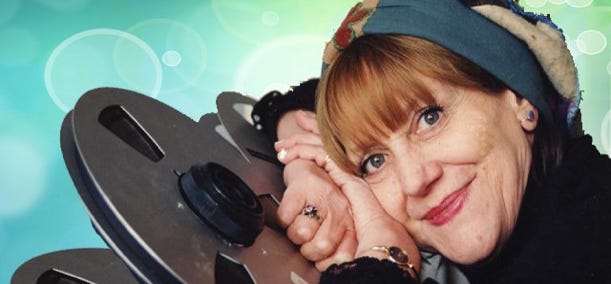
She was my introduction to the next level of really good writing about popular culture and music, after having been used to Simon Firth for years.
13.
Let me present to you my love for some of the female contributions to The Beatles' scholarship,
which are invaluable -
four must-reads,
four must-studies
and these authors are potential guests that always offer a good conversation, even if you disagree with what you hear and read.
These four books deserve attention from scholars, fans, and students of history. Written by four ladies with constructive contributions to The Beatles' discourse.
Refreshing views.
What they share is that they put the human being in the audience center stage.
As a fan, I like two things:
a) what about the people, and I mean anyone, from fan to police-officer, recording technicians, and Chris O'Dell, John, Paul, George, and Ringo themselves.
b) music:
the composition, the arrangement, the recording, the production of the music, the mix, and the production of the vinyl, cd, or digital media, the marketing, the distribution.

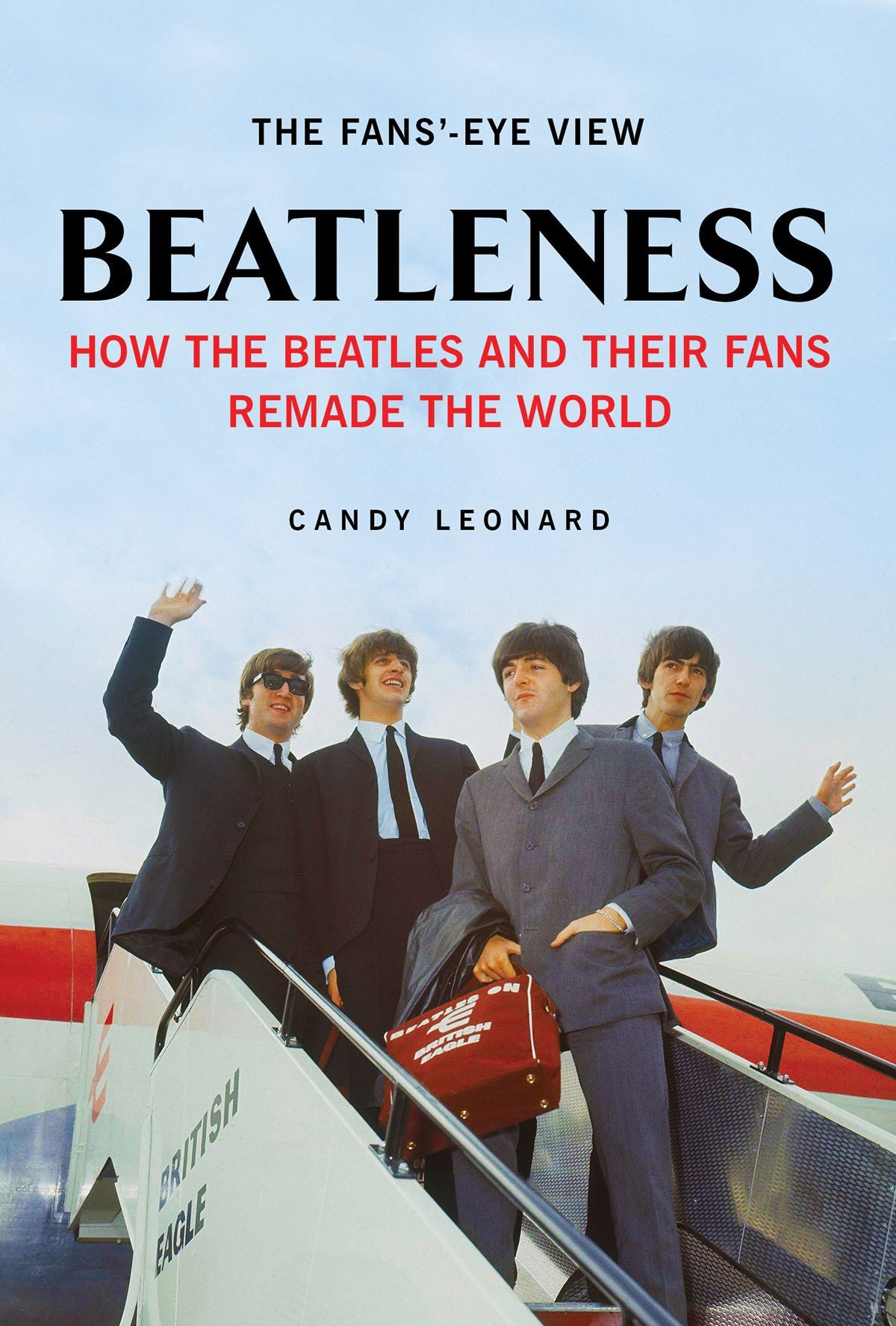
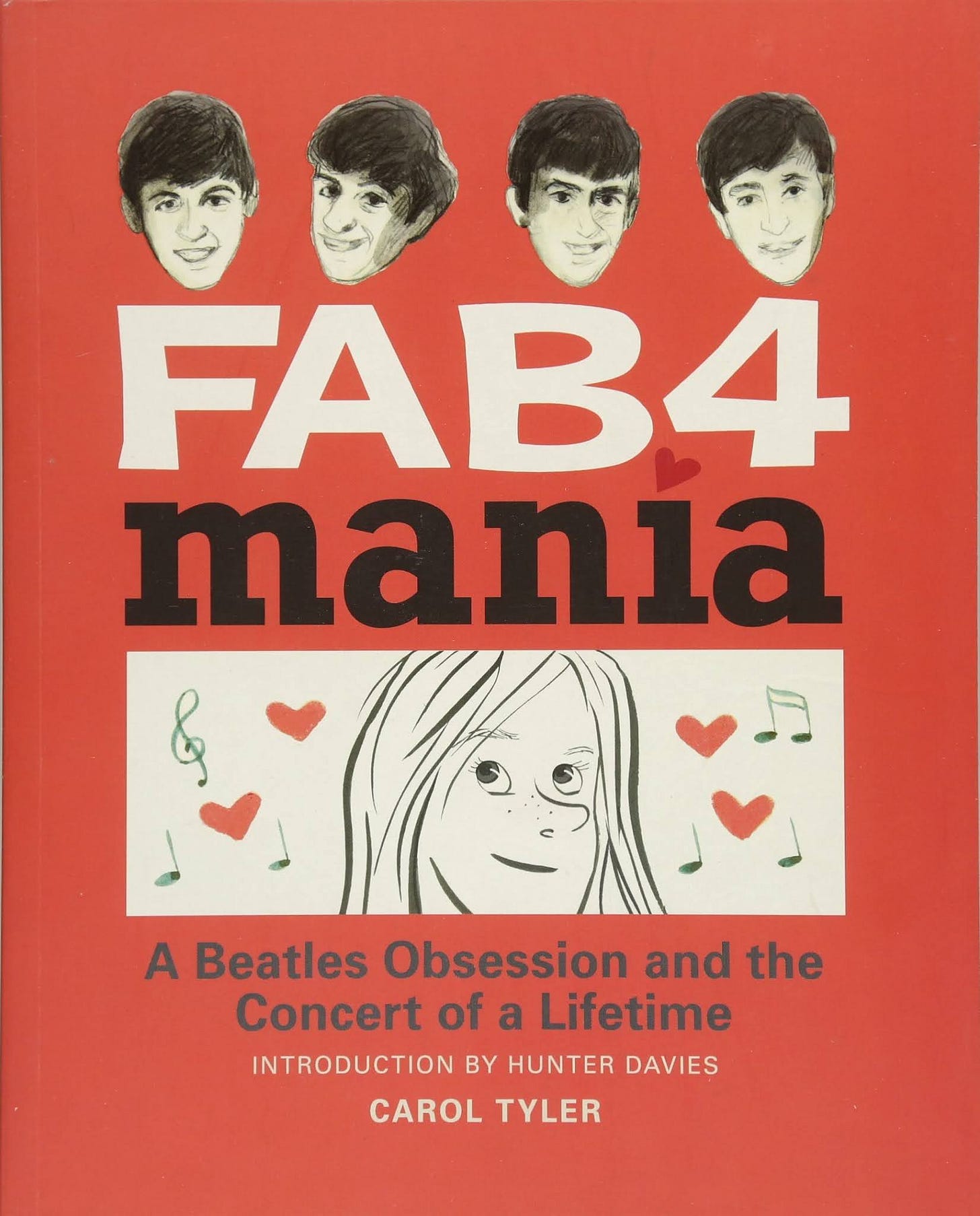
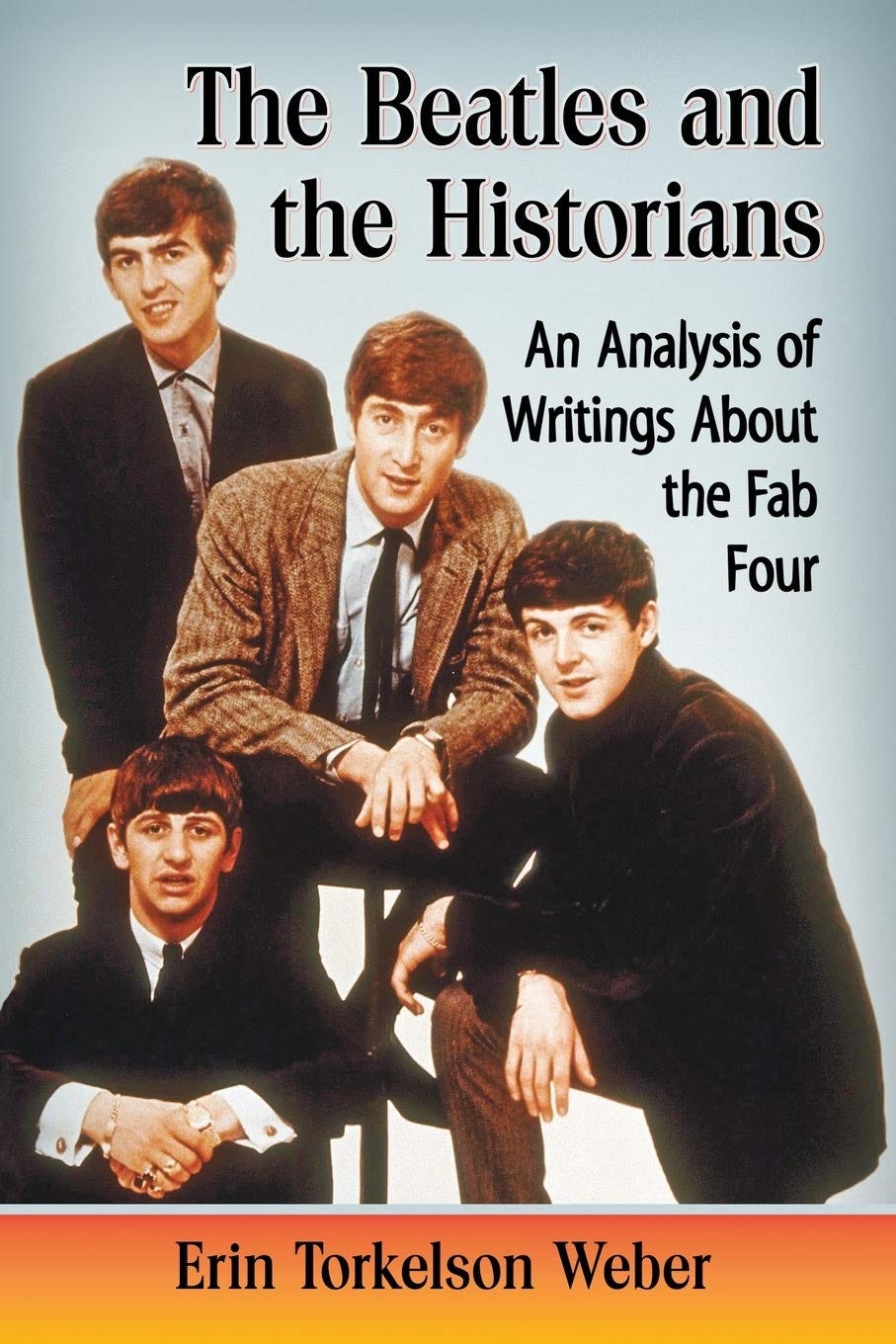
© 2021 The Beatles Review of History. The work of the original interviewers and publishers is gratefully acknowledged and excerpts are reproduced on this site under allowances for fair use in copyright law. If anything on this blog constitutes an infringement on your copyright, please let us know, and we will consider removing the materials.
This is an Open Access article distributed in accordance with the Creative Commons Attribution Non-Commercial (CC BY-NC 4.0) license, which permits others to distribute, remix, adapt, build upon this work non-commercially, and license their derivative works on different terms, provided the original work is properly cited and the use is non-commercial. See: http://creativecommons.org/licenses/by-nc/4.0/
Last changes made on 09/03/2021,03:38 CET.
